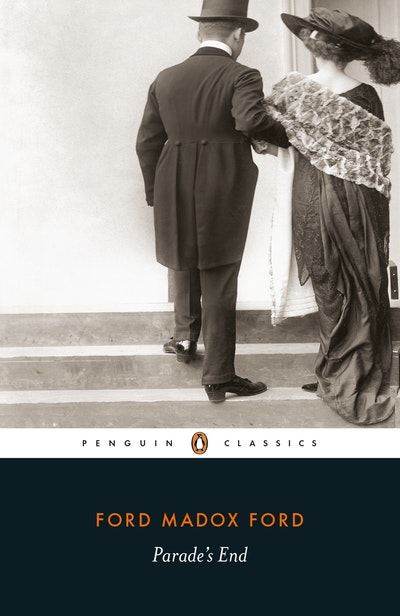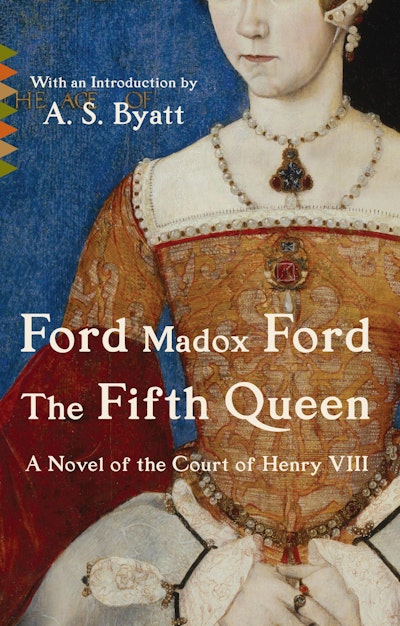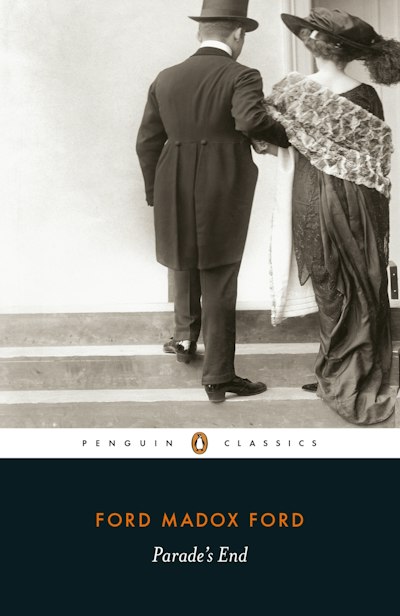[]
Play sample
- Published: 21 May 2019
- ISBN: 9780241372548
- Imprint: Penguin Classics
- Format: Paperback
- Pages: 848
- RRP: $28.00
Parade's End
Formats & editions
Buy from…
- Published: 21 May 2019
- ISBN: 9780241372548
- Imprint: Penguin Classics
- Format: Paperback
- Pages: 848
- RRP: $28.00
Masterly...Ford knows more and sees deeper
Julian Barnes
A neglected masterpiece of twentieth-century fiction - the English War and Peace
John Gray
There are not many English novels which deserve to be called great: Parade's End is one of them
W. H. Auden
[Ford] was the only Englishman who stood alongside the great 'moderns' - Joyce, Eliot and Pound
Peter Ackroyd










